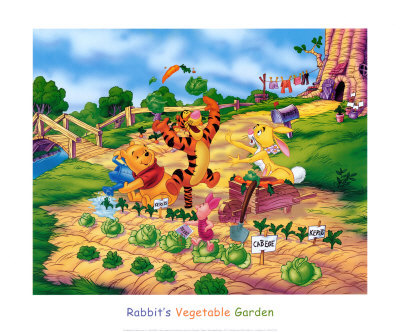The Christmas season is all but past and we’re coming now to the Feast of Epiphany, which celebrates the revelation of God in human form as Jesus. Often (depending on which tradition one is in), Epiphany involves the remembrance of John’s baptism of Jesus in the Jordan River, where a dove alighted on Christ and a voice from heaven said, “You are my Son.”
Yesterday, my wife and I taught Sunday School to 4 and 5 year olds at our church. The lesson, which comes from curriculum published by Cook Communications, was all about John the Baptist. We had the kids dress up in camel’s hair (a burlap sack) and eat locusts (fake bugs) and wild honey (from Whole Foods). But…the curriculum wanted us to teach the kids that the main point of John the Baptist was that he told people, “Jesus is God’s Son.” The leadership manual instructed us to make that point over and over, having the kids say “Jesus is God’s Son” as John the Baptist did, and telling them that they, like John, are supposed to carry that message to the world.
Welllll, we just couldn’t manage to teach that lesson. Why? Because John never said “Jesus is God’s Son.” He preached repentance (“Make straight the way for the Lord”) and said Jesus is the Lamb of God, but never did he say, “Jesus is God’s Son.” That may seem like a minor distinction to the editors at Cook, but it makes all the difference to me.
When Michaela was pregnant with our first child, I determined deep within myself never to intentionally misconstrue what the Bible says to our kids. My children won’t be learning from me that the story of Noah’s ark is simply about how much God loved Noah and the animals, and they won’t learn that Jesus spent most of his time telling people how to get into heaven. I learned those ideas from Sunday School when I was a kid, and I found the process of unlearning to be very painful. I also had to unlearn that David, Joseph, Jacob, Moses et al were straight-up godly heroes; the Bible renders them as rascals who God used anyway, which is finally a much better and truer story than the Christian-culture-ized version of my youth.
As educational retellings go, John as a man who preached “Jesus is God’s Son” is many degrees better than, say, King David as a giant-slaying hero who can inspire you to slay your giants, too. But it’s still no good. It gives the wrong idea about what John the Baptist would have believed, and suggests a wily-nily approach to Bible education that is all too common in evangelicaldom. We should not just be striving to help kids understand what we believe about the Bible; we should be striving to help them know what the Bible actually says.
I just had to get that off my chest.

